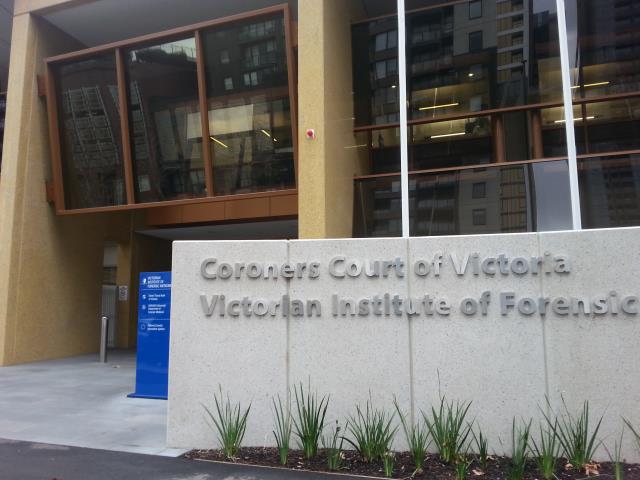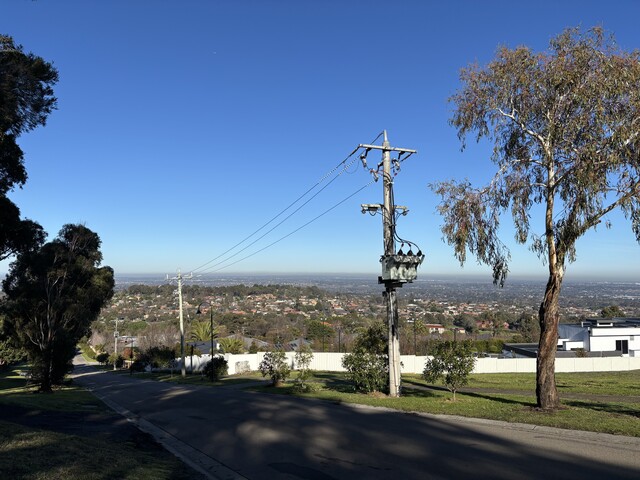By Cam Lucadou-Wells
Two Casey councillors have taken aim at a State Parliament bill against tax exemptions for religious groups’ profitable businesses.
Crs Rosalie Crestani and Susan Serey, in separate motions, called for Casey officers to investigate the impact of the proposed Charities Amendment Bill.
Their motions were withdrawn at a 3 April meeting after the Bill was ruled unconstitutional by State Parliament’s upper-house president.
Cr Crestani told Star News that the “wolf-in-sheep’s clothing” Bill was a “war on religion”, “pure evil” and “communistic”.
It would potentially damage the “fabric of our society” and destroy “our Judeo-Christrian roots”, she said.
Cr Crestani said she would be strongly opposed if the legislation again “reared its ugly head”.
The viability of religious groups and their services such as soup kitchens, food banks, play groups, markets and emergency assistance was at risk, she said.
She had also sought Casey to investigate the impact on tax exemptions for hall hire, as well as rates reductions and exemptions for religious groups.
It may fall upon Casey Council to sustain the services, she said.
The two councillors are both linked to state political parties; Cr Crestani is part of Rise Up Australia and Cr Serey is running as a Liberal candidate for Narre Warren South.
The Bill was introduced by Reason Party leader and Legislative Council MP Fiona Patten.
It was unconstitutional because tax-related legislation must originate in the lower house, Legislative Council president Bruce Atkinson ruled.
Ms Patten said the Bill was not an attack on religious organisations or their “fantastic charitable work”.
It codified protections for religious-run charities, and would not impose land tax on places of public worship, for instance.
“Soup kitchens, food banks, prayer meetings, schools, play groups, support groups as well as many other events and activities will all be protected under the current definitions of ‘charitable purpose’ – as they should be.”
The Bill targets profitable commercial enterprises owned by religious institutions that avoid tax by claiming “advancement of religion”.
Ms Patten cited the example of Sanitarium – the maker of Weet-Bix – which pays no company tax in Australia.
As a company owned by the Seventh Day Adventist Church, it was also entitled to exemptions from land tax, stamp duty and payroll tax, Ms Patten said.
“I note that paying its ‘fair share of tax’ does not abrogate the ability of a religious-run business to generate profits for a religious institution – just as normal businesses will pay tax and return profits to shareholders.”







